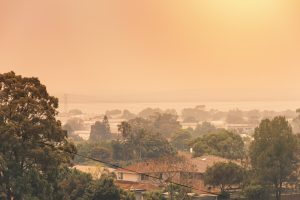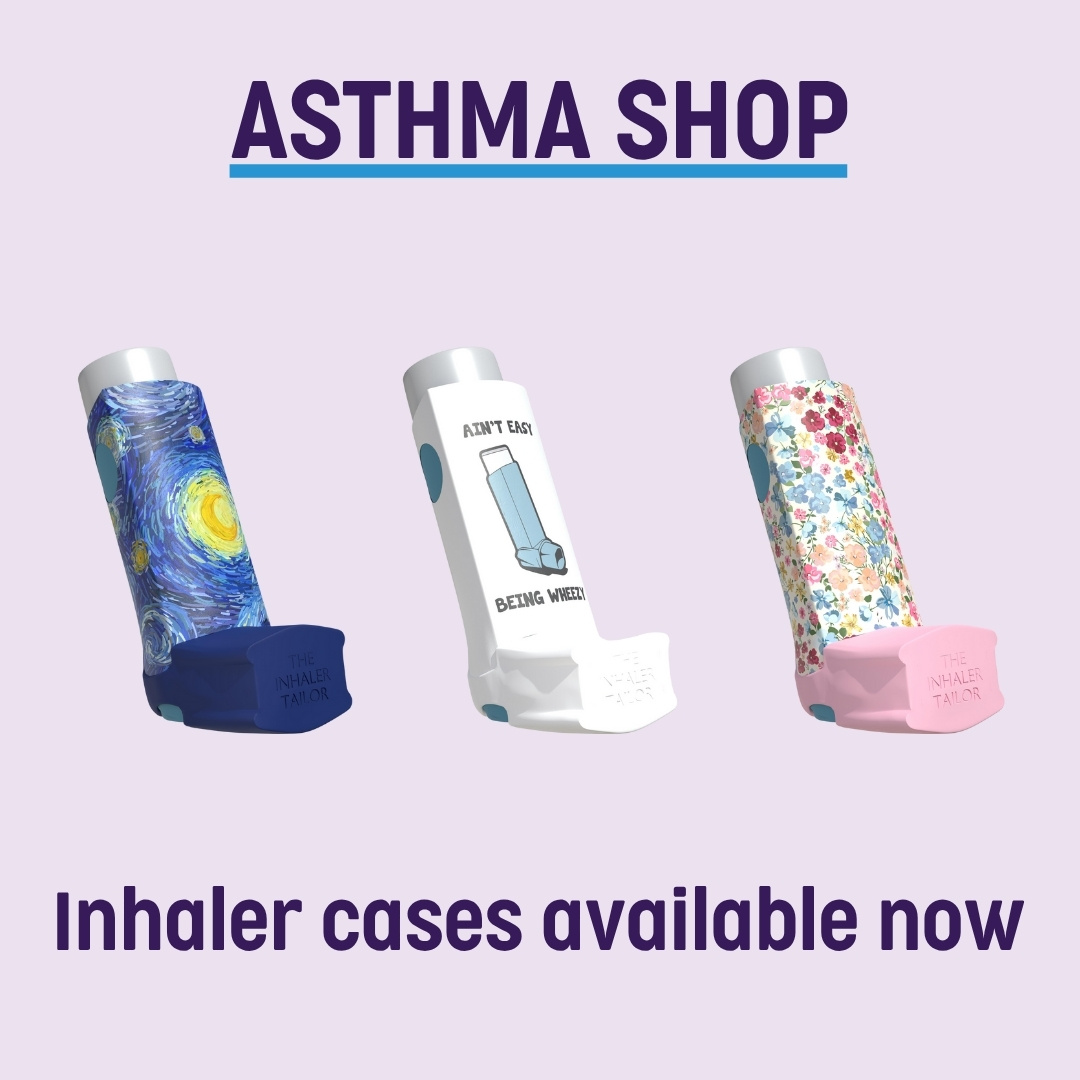ASTHMA IN REGIONAL NSW A KEY REASON TO ACT ON CLIMATE CHANGE
Asthma attacks and preventable hospitalisations are likely to worsen in regional New South Wales if Australia does not act on climate change, say leaders from Australia’s respiratory sector.
Asthma Australia has joined with the Thoracic Society Australia New Zealand (TSANZ) to urge the federal government to protect people with asthma and commit to net zero greenhouse gas emissions by 2050, ahead of the 2021 United Nations Climate Change Conference (COP26) in November.

TSANZ President and respiratory specialist Professor John Upham said the critical factors that limit the ability of regional
communities to respond to climate change impacts include high asthma prevalence and limited access to primary care and local air quality information.
“We will breathe in the effects of climate change, that’s more dust storms, increased pollen levels, smoke from fires and so forth,” said Professor Upham.
“Climate change will lead to a lot more respiratory diseases, including asthma. Some of the people most vulnerable to climate change are those living in the bush, and they don’t have access to the same level of health support or infrastructure.
“This is a worrying combination.”
The 2019/2020 bushfires and the smoke produced are an example of how the New England Region may continue to feel the real-life consequence of climate change.
In 2017-2018, the age-adjusted rate of asthma was 81 percent higher in the Glen Innes Severn LGA than in the City of Sydney LGA[i].
Glen Innes resident Cherylleigh Partridge experienced the fatal effects of asthma firsthand and is calling for climate action.
“My little sister, Courtney, died from an asthma attack during the bushfires. She was only 19,” said Ms Partridge.
“The signs our climate was changing were there, but some of us didn’t quite yet have the confidence to call climate change for was it was. I lost my little sister to it, and I know she’s not an isolated incident.”
Ms Partridge has grave concerns that regional communities, like Glenn Innes, are not ready for worsening health or premature deaths triggered by climate change.
“Our region was on fire for months before a health warning about the risks of smoke and asthma even reached us. Before that, it was months of severe drought.
“I couldn’t access anything – local air quality information, health advice for us, we couldn’t even get facemasks from our hardware shop. We don’t even have a Bunnings out here.”
Following the tragic death of Courtney, the Partridge-McLennan family has helped to campaign for improved air quality monitoring in NSW – and now, Ms Partridge has sent letters alongside Asthma Australia to seek strong action on climate change ahead of COP26.
Asthma Australia CEO Michele Goldman said it is only likely to get worse for people with asthma in the regions if we do not see action on climate change soon.
“Asthma is unforgiving. Australians are likely to suffer a lot more sickness, emergency department presentations and hospitalisations, if we don’t change our trajectory,” Ms Goldman said.
“We need our government to commit to net zero commissions by 2050.”
For more information on Asthma Australia, please visit asthma.org.au/what-we-do/advocacy.
[i] Public Health Information Development Unit (PHIDU) (2021) Social Health Atlas of Australia: New South Wales and Australian Capital Territory: Data by Local Government Area





 1800 278 462
1800 278 462



